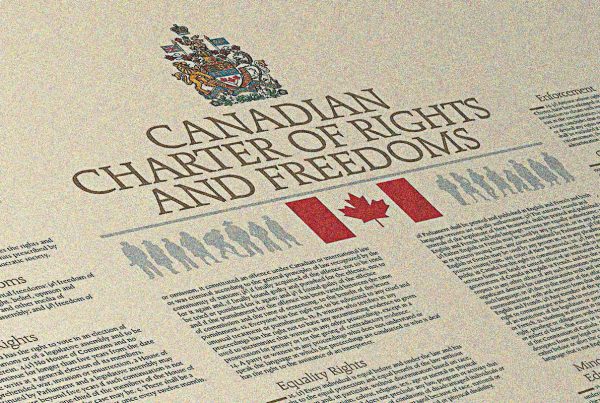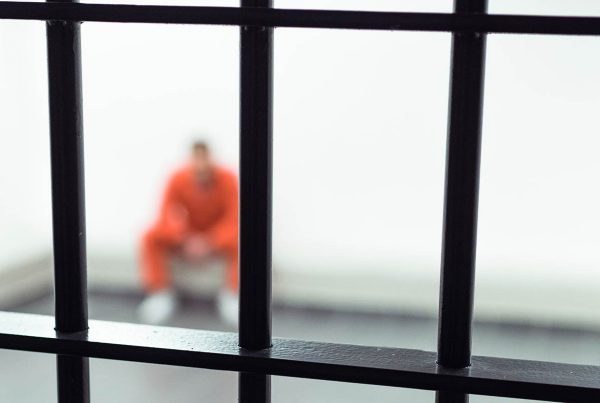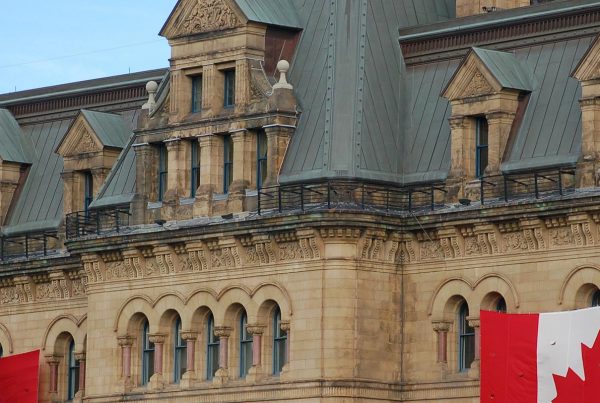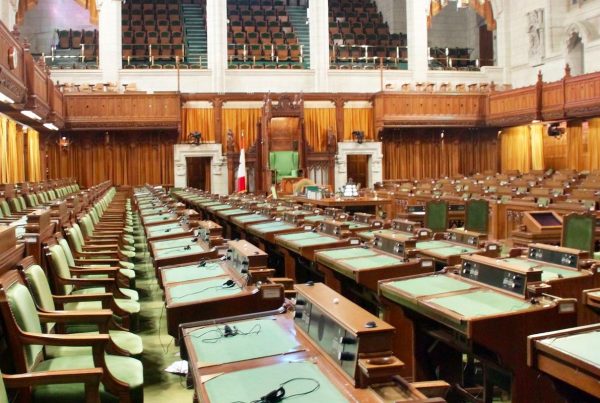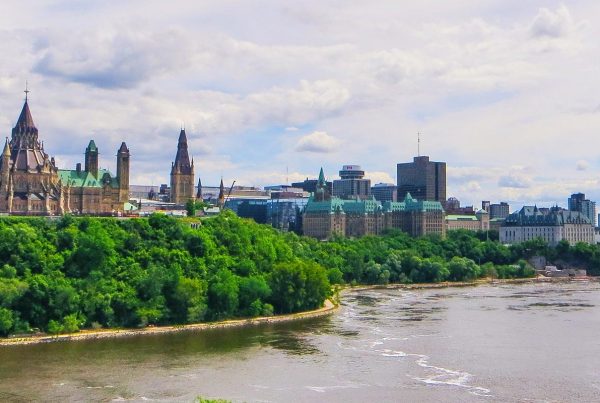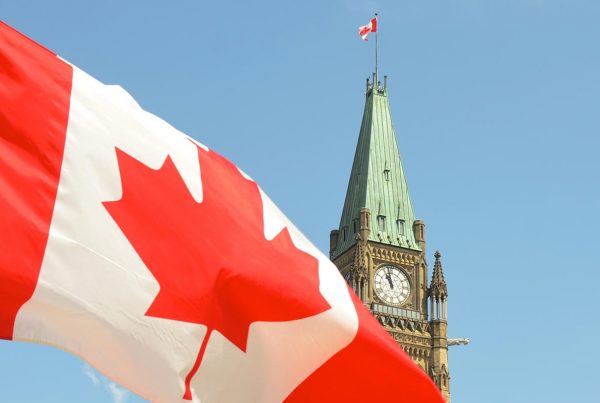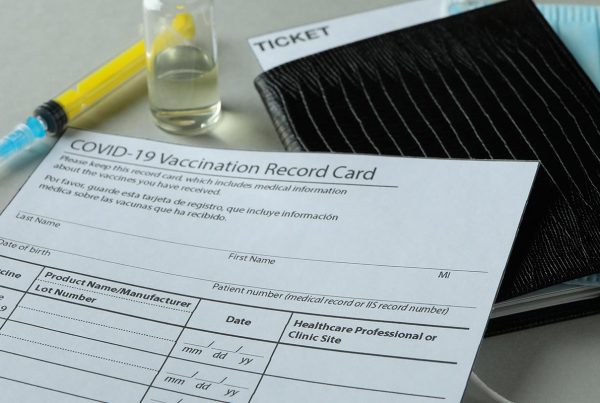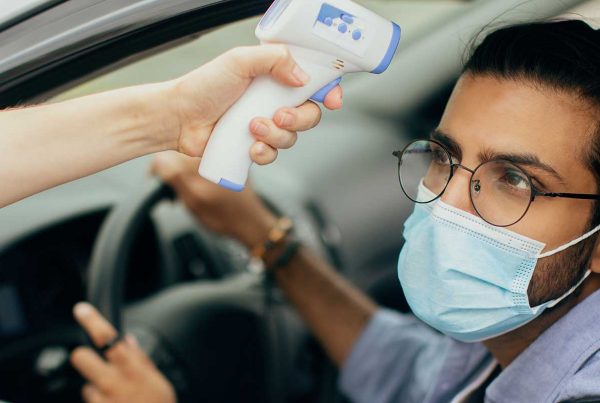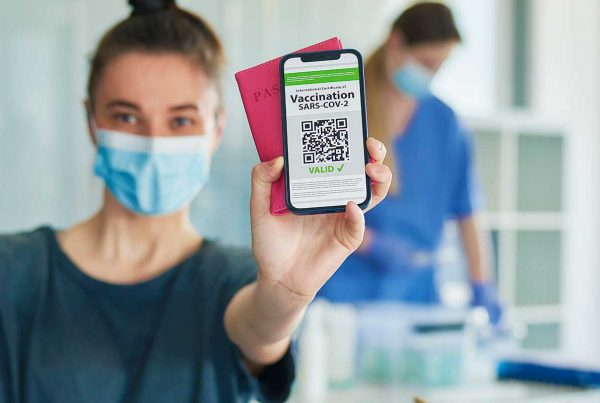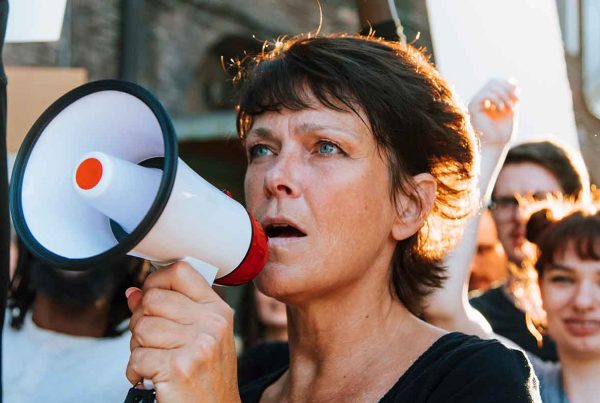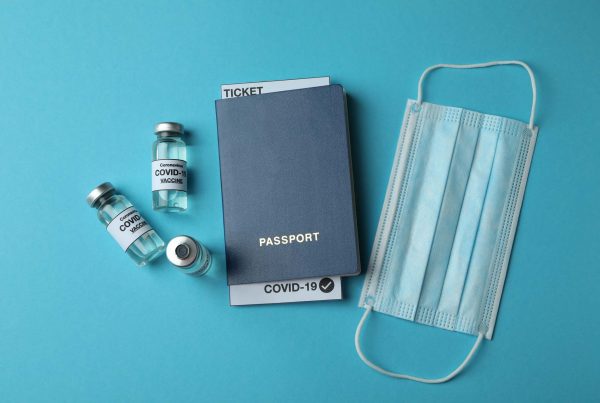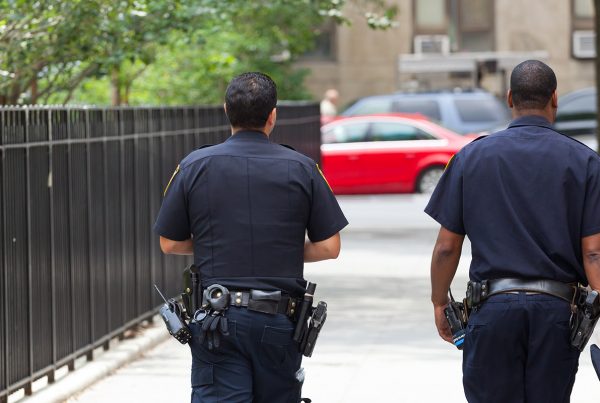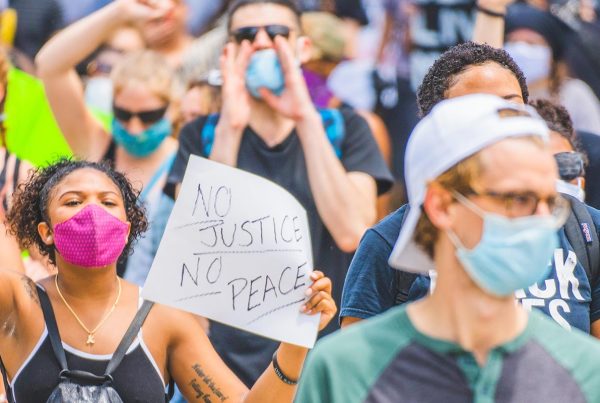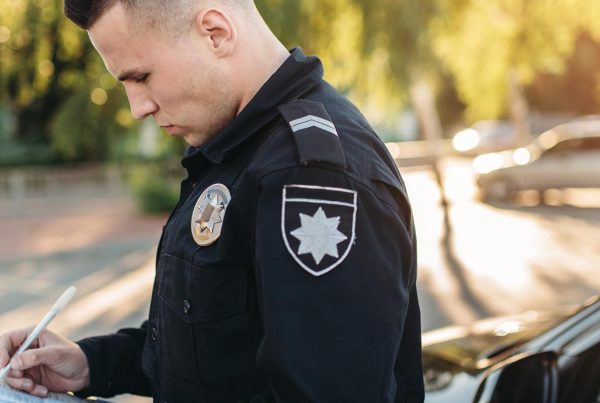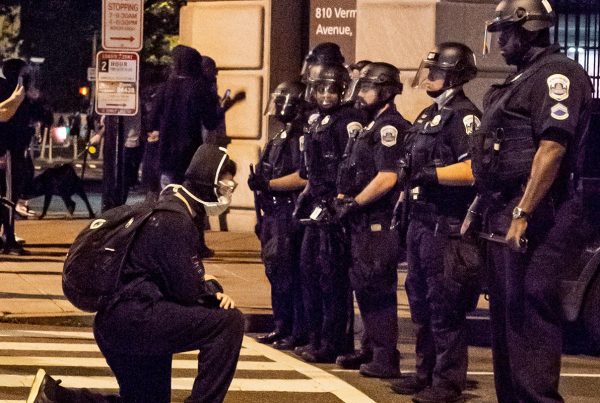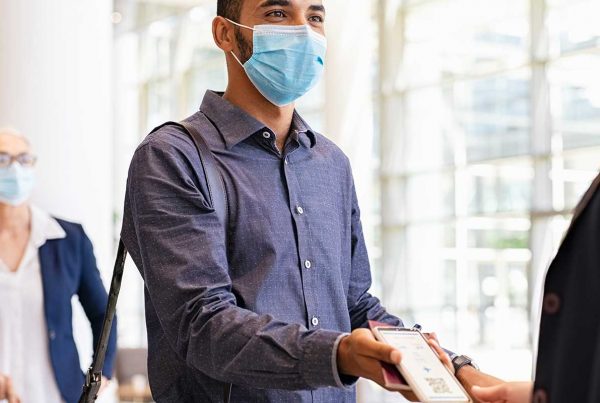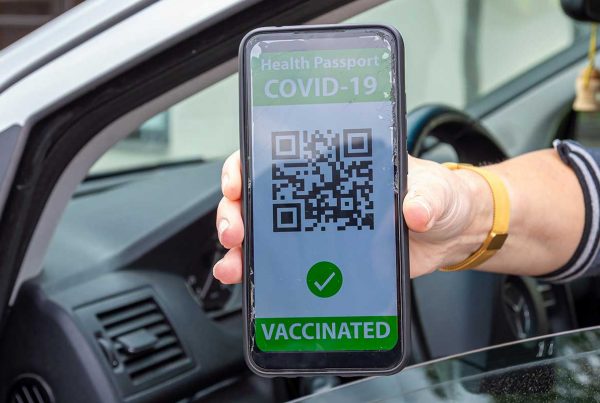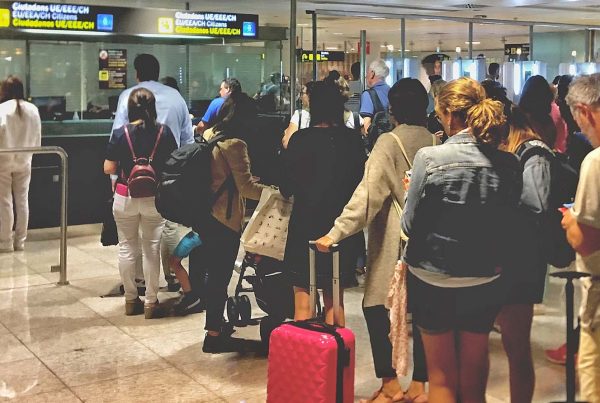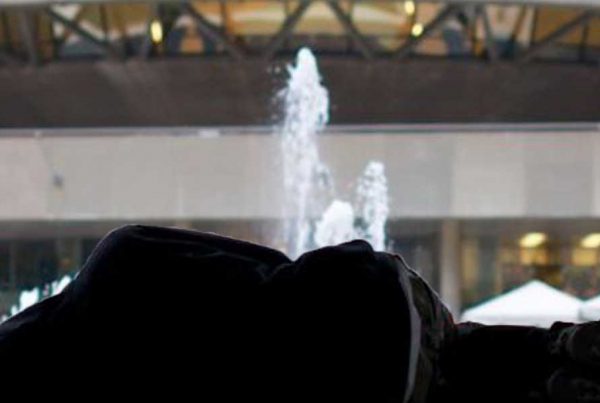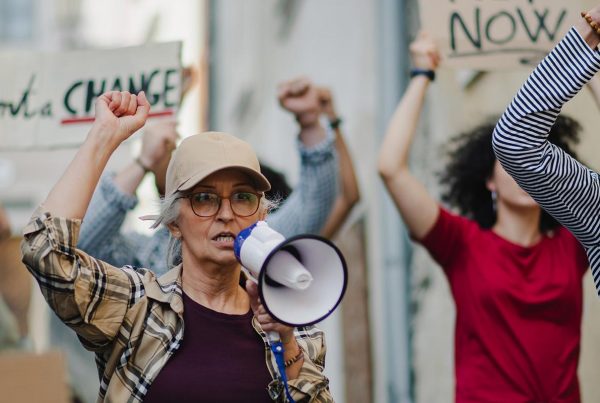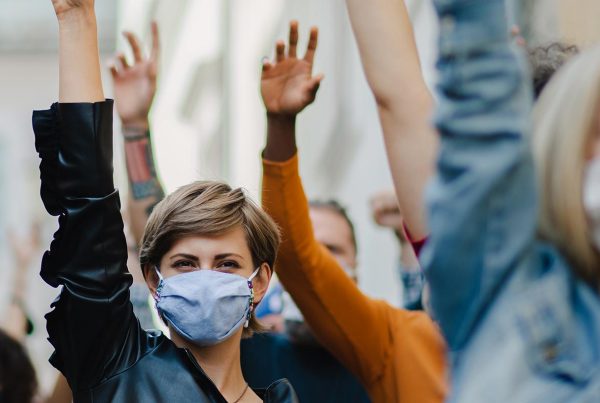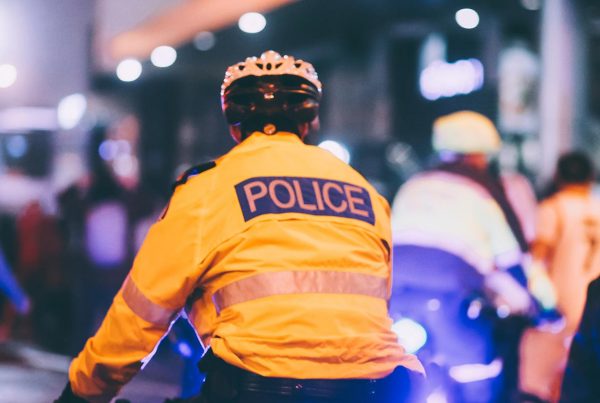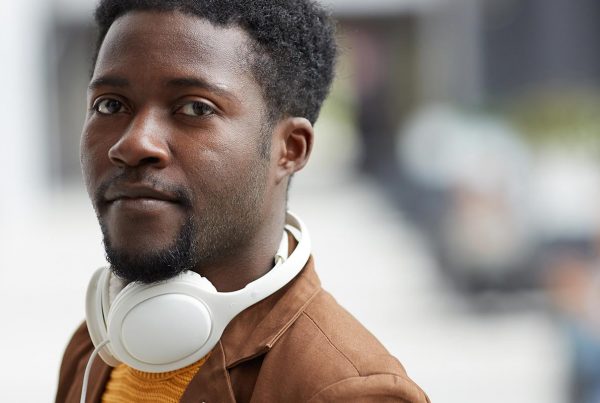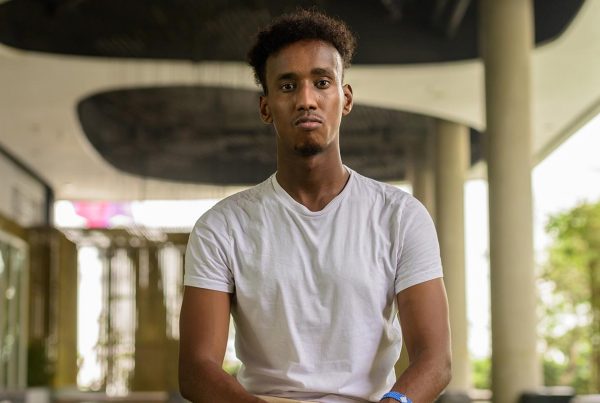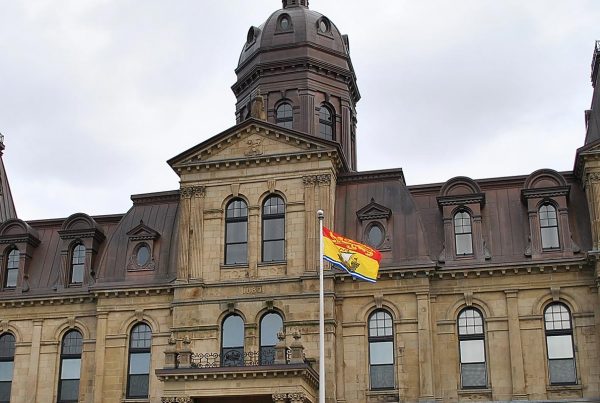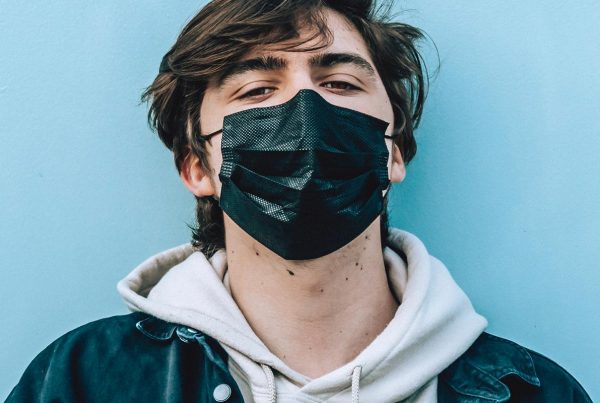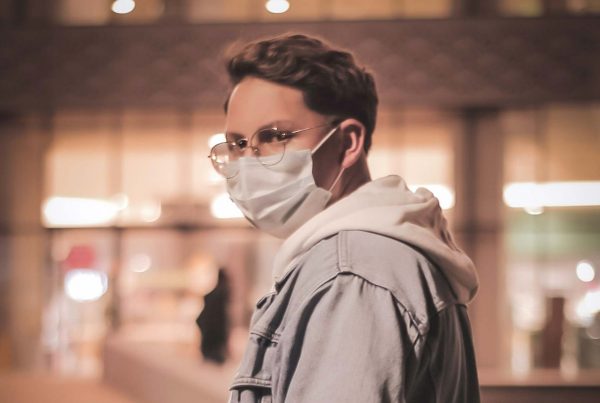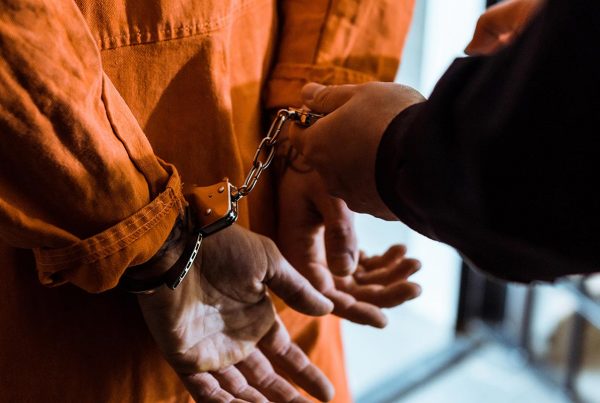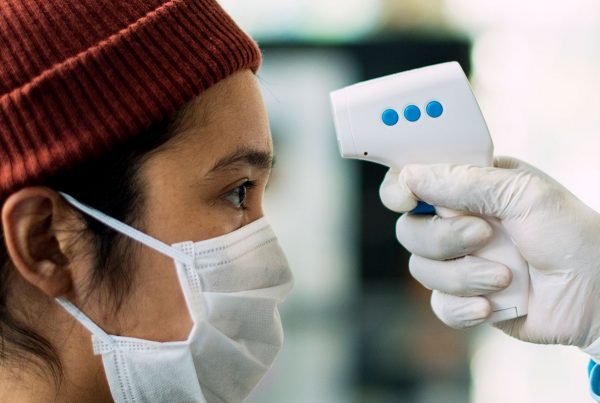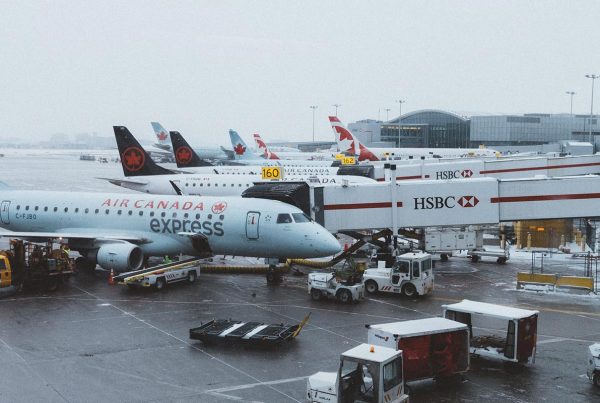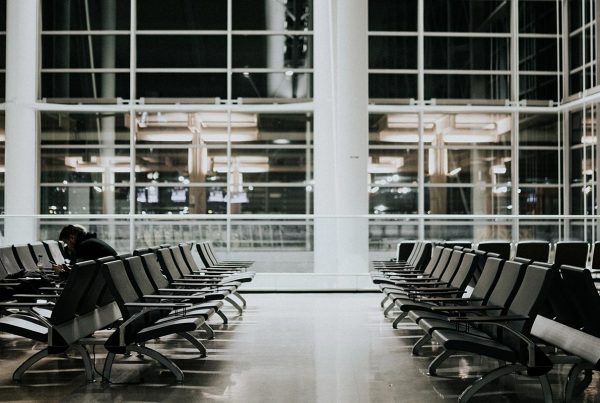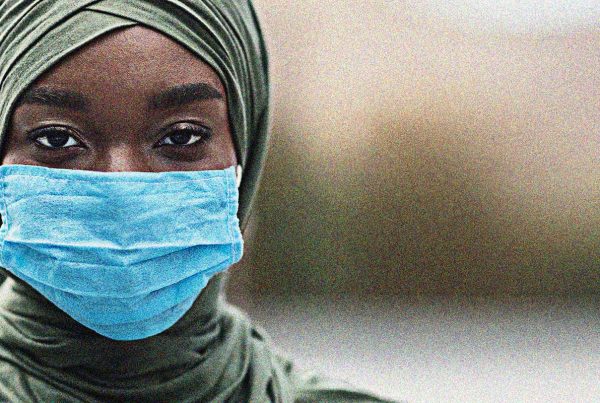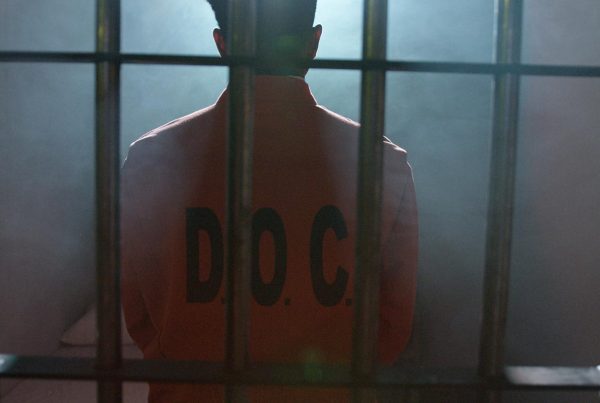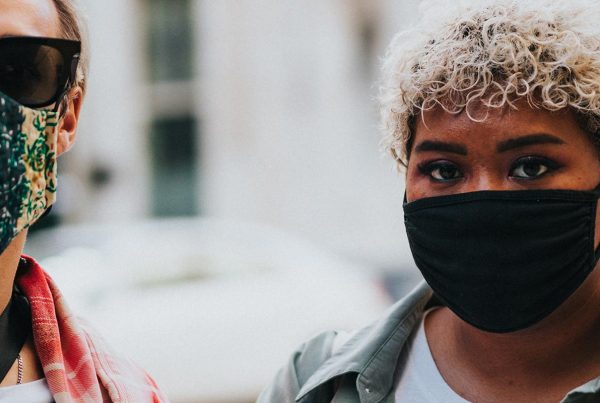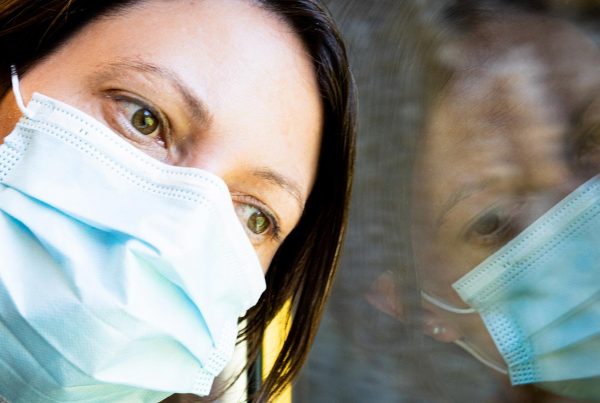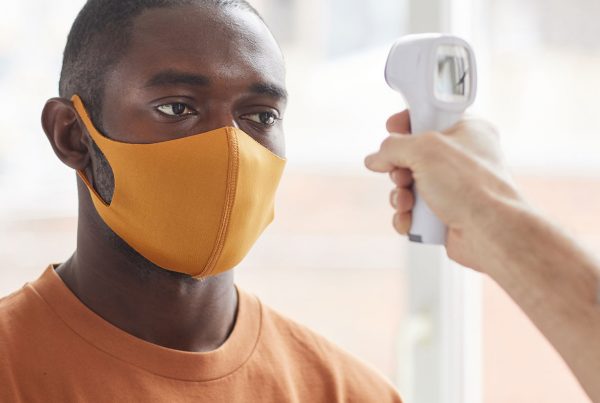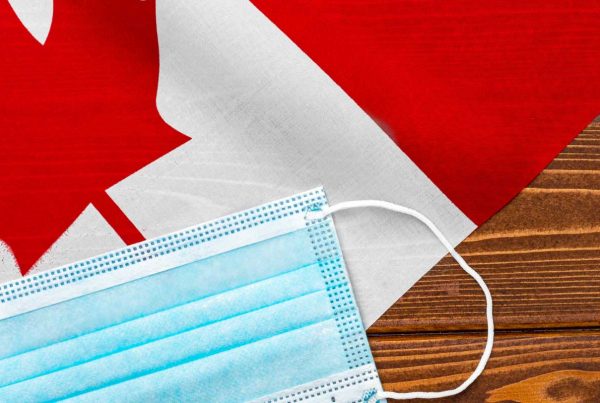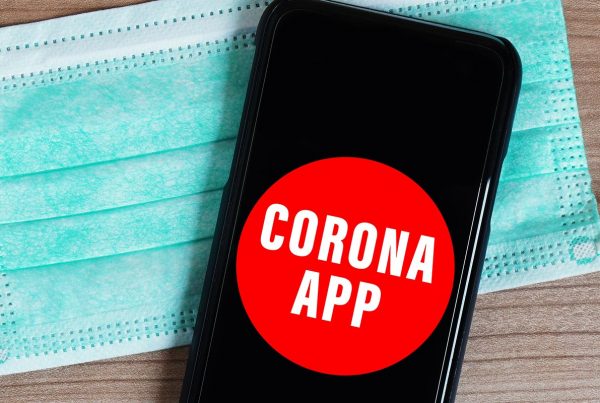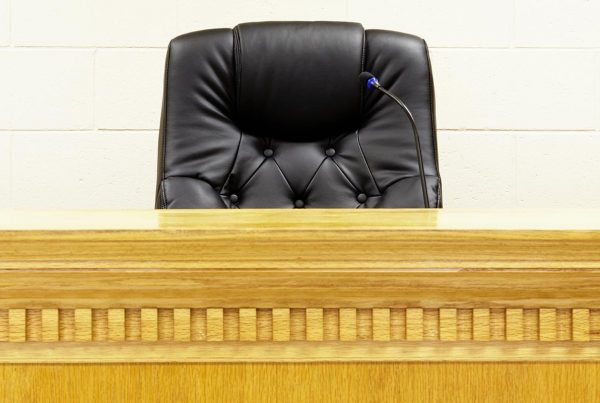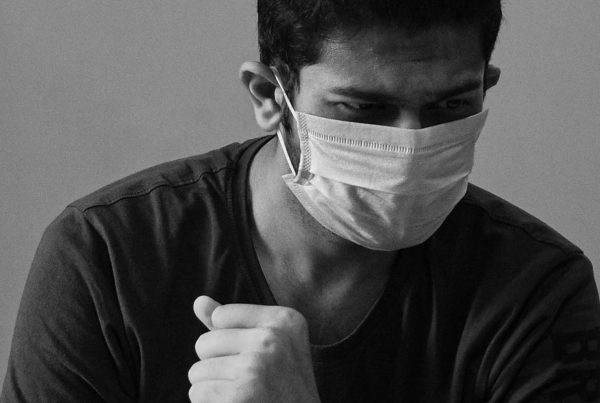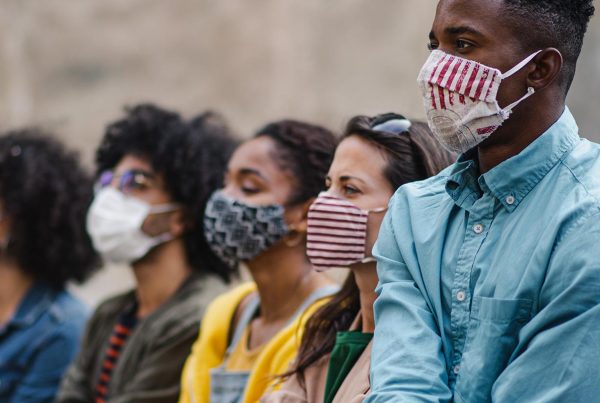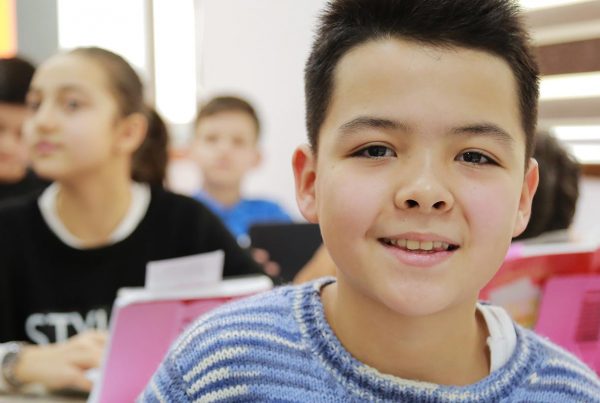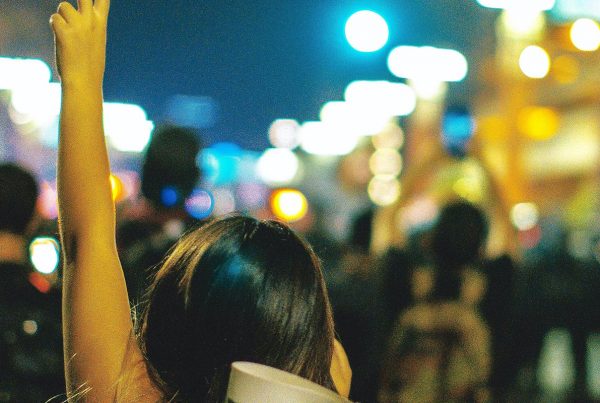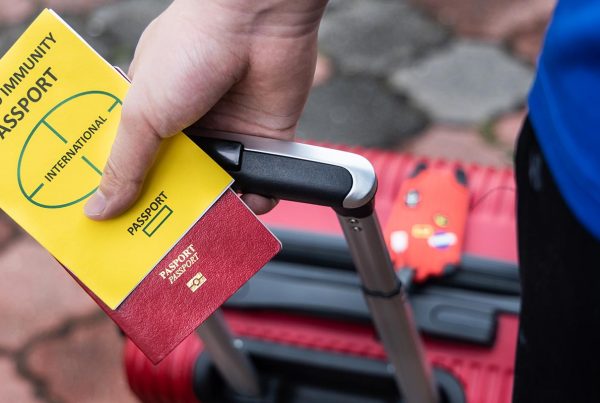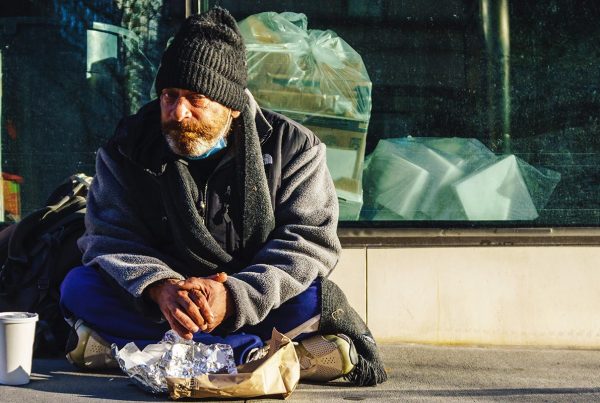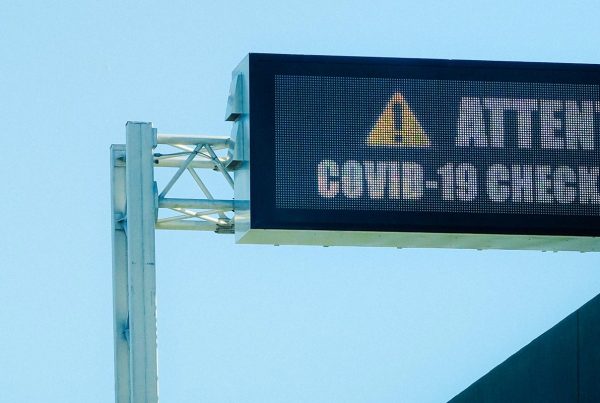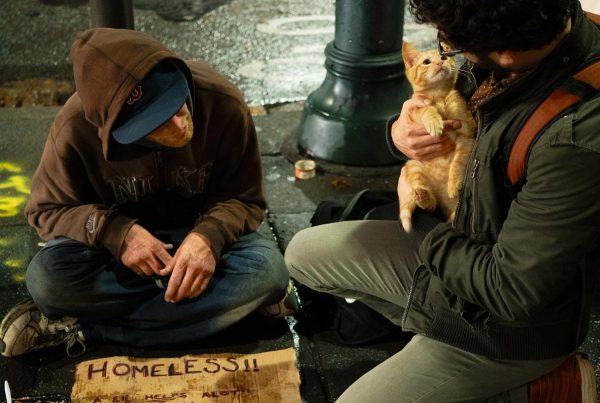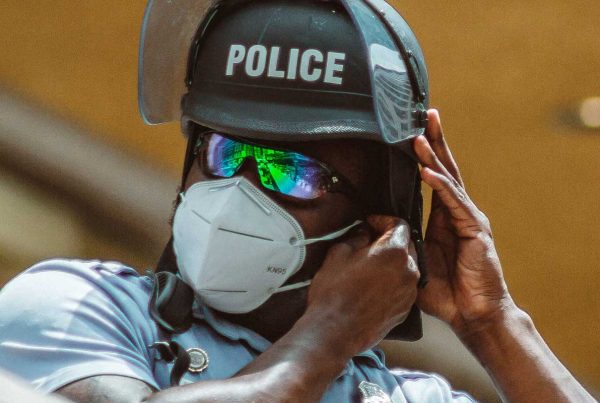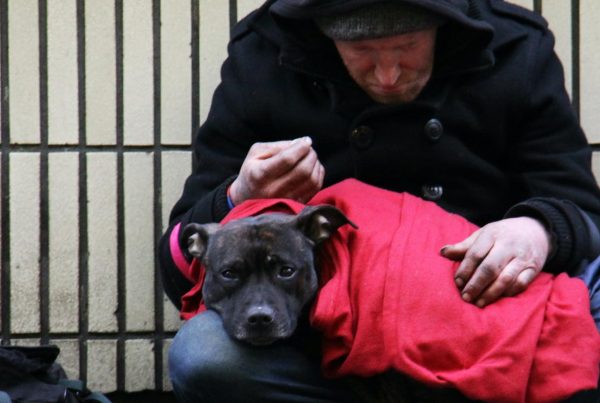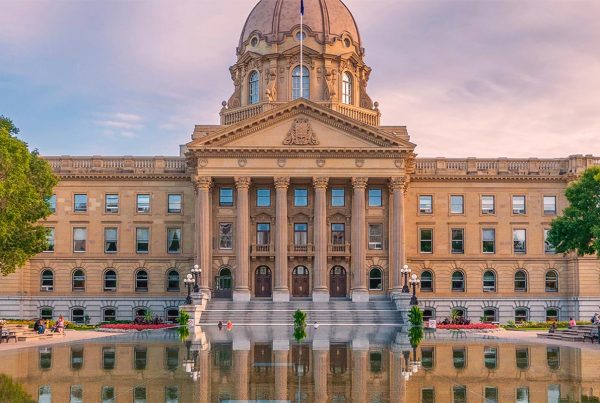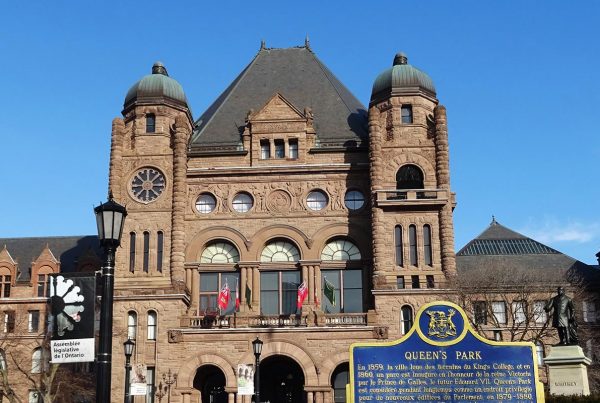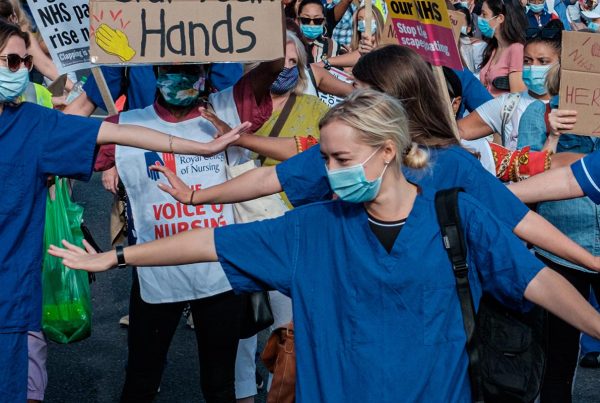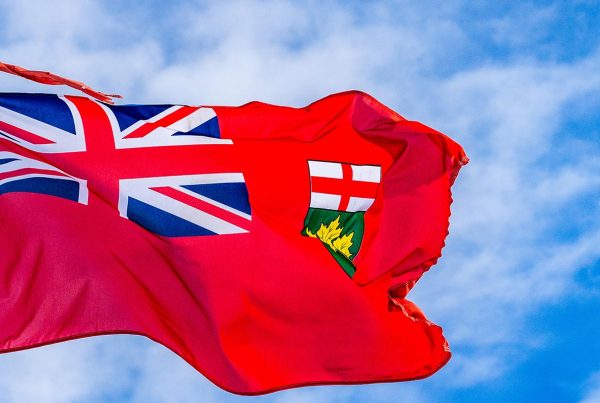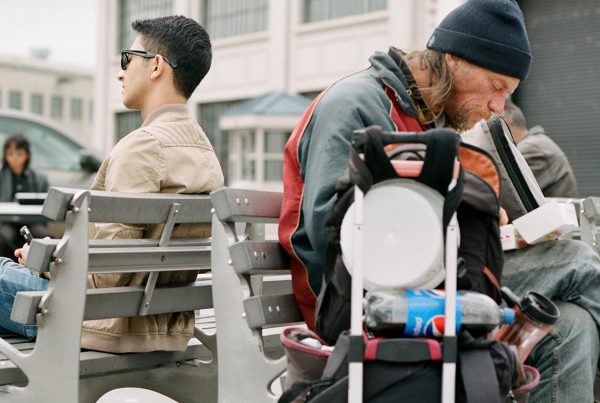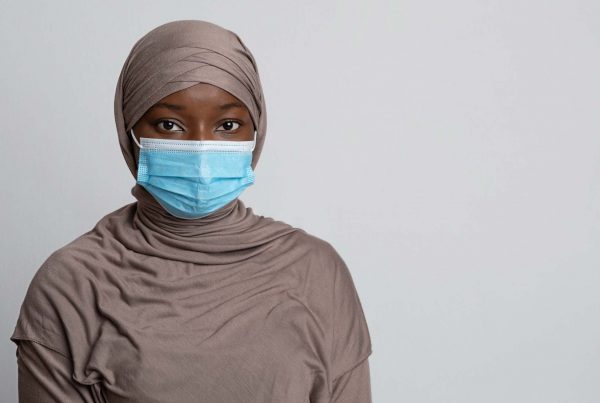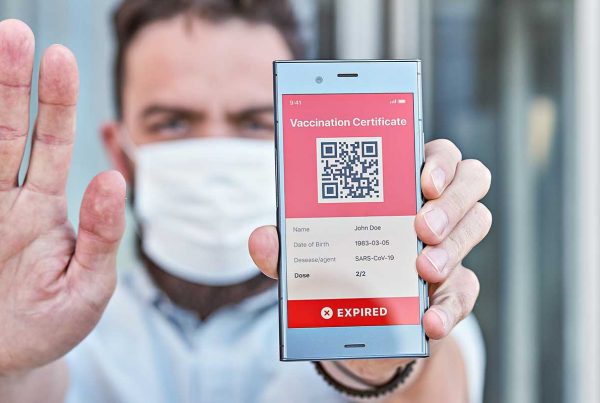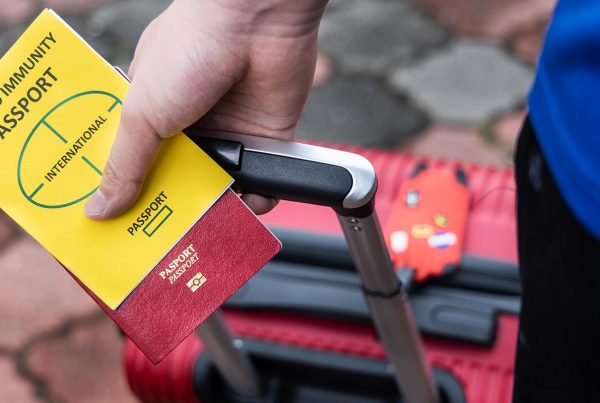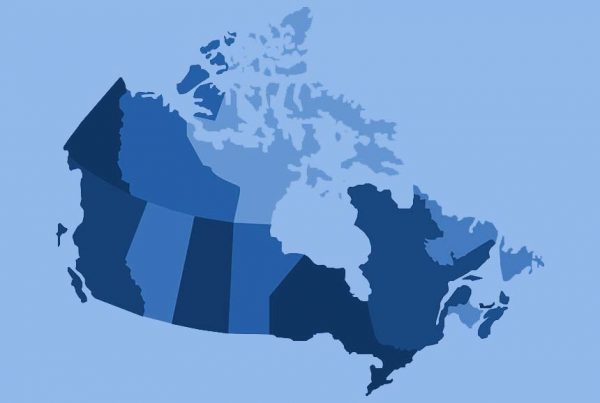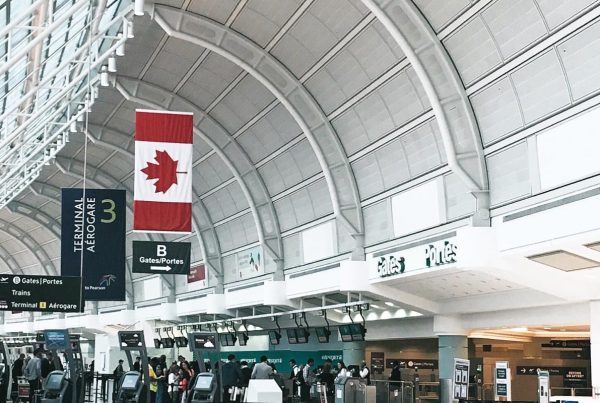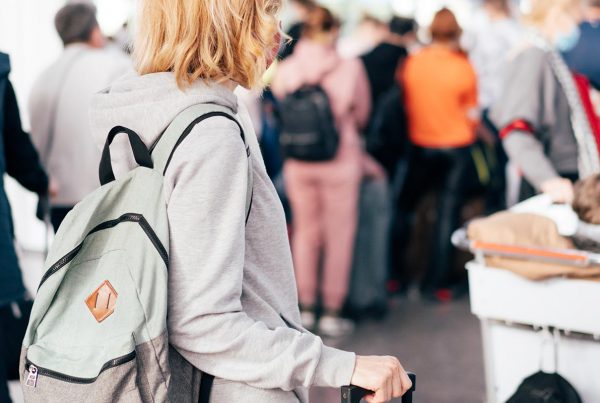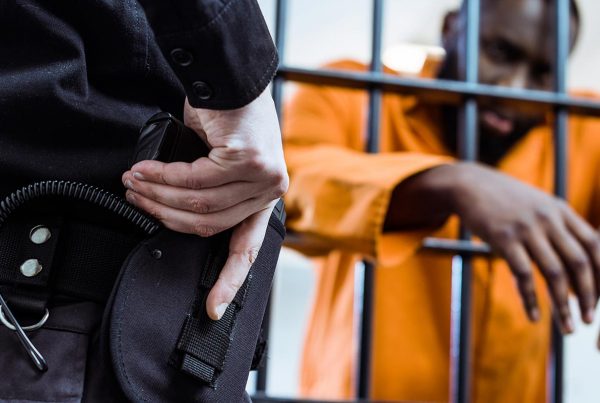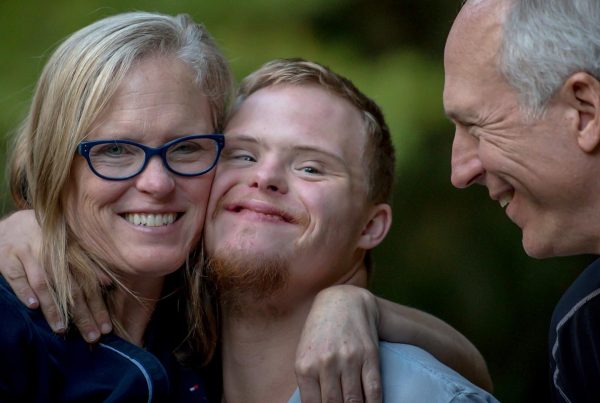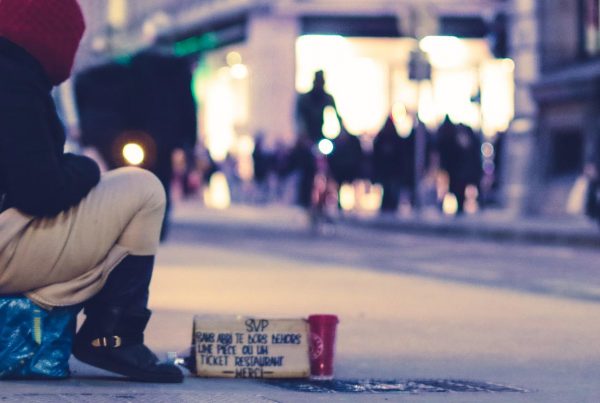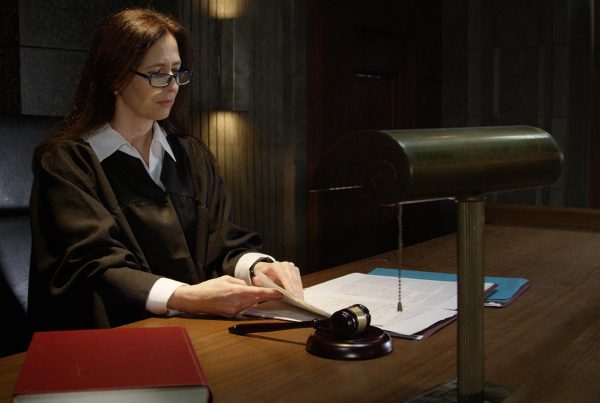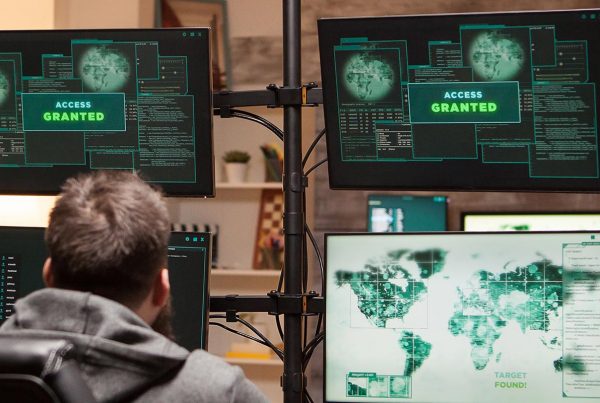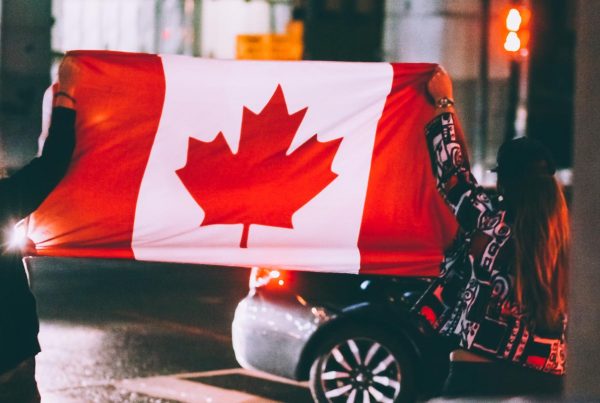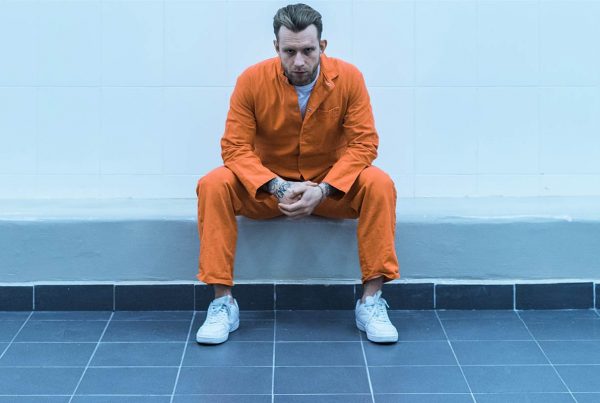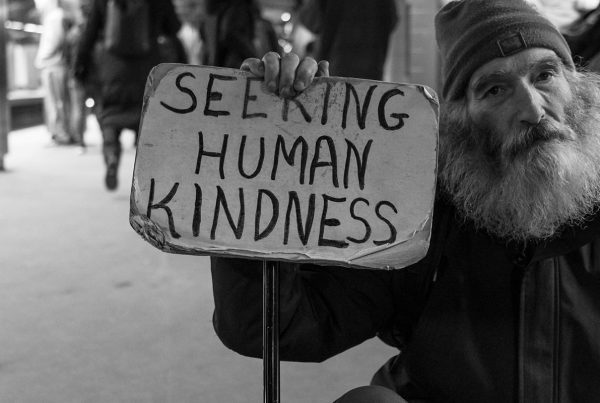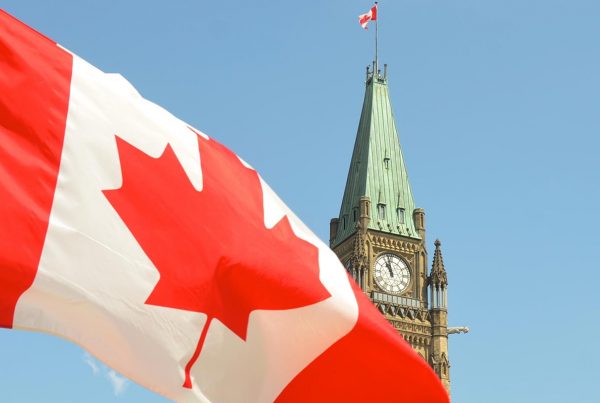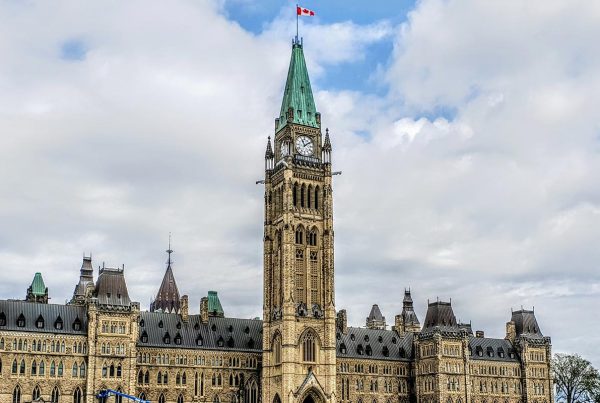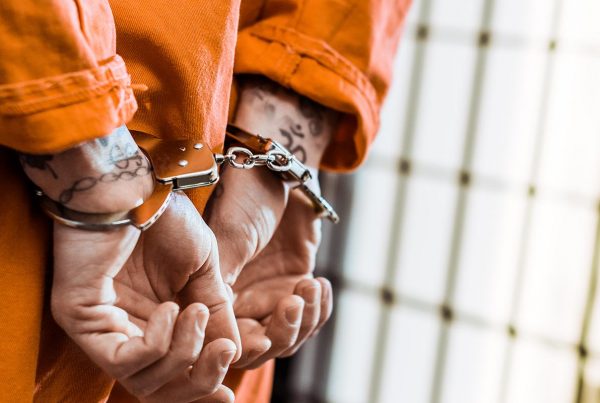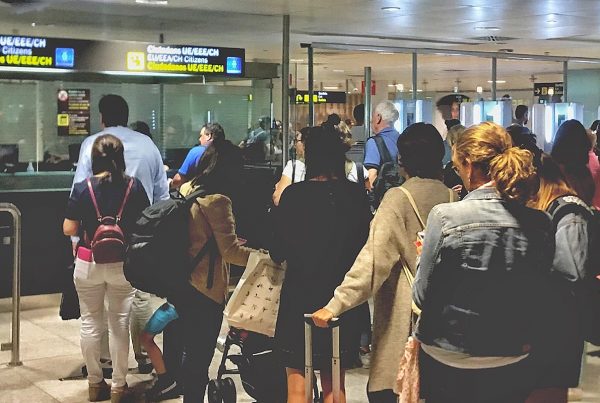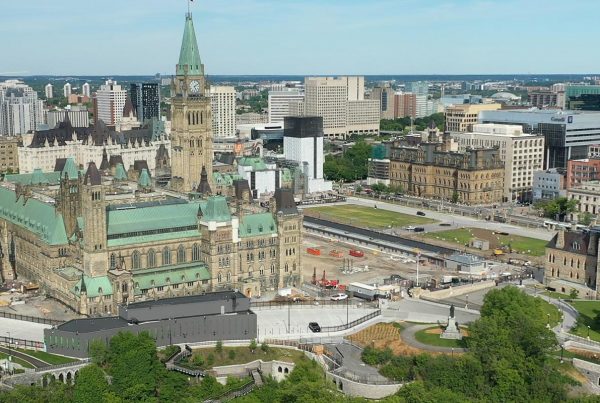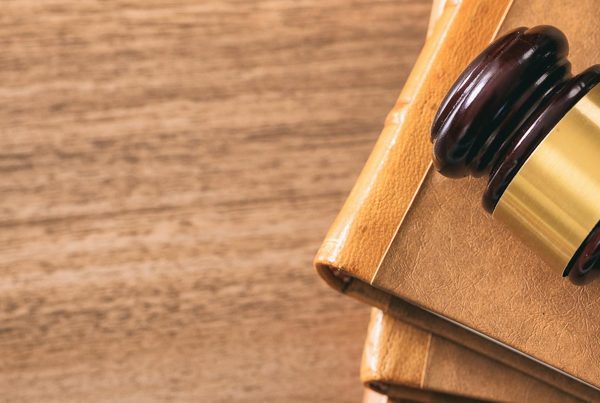Children’s aid societies are organizations governed by locally-elected boards of directors, Indigenous societies and Band Councils. Societies are responsible for the delivery of child protection services, in accordance with legislation, regulations, and ministry policy and standards. During the COVID-19 outbreak, these societies are determining how best to meet the needs of individual children in care, subject to court orders and informed by recommendations from public health. This includes decisions around how best to proceed with family visits during the pandemic while safeguarding the safety and well-being of children, youth, caregivers and families.
Children’s Aid Societies are responsible for the delivery of child protection services, in accordance with legislation, regulations, and ministry policy and standards. This includes decisions around how best to proceed with family visits during the pandemic while safeguarding the safety and well-being of children, youth, caregivers and families.
At CCLA, we believe while the existence of a public health emergency requires caution, denying parents and children the opportunity to be together or risking a loss of the valuable child-parent bond is a violation of human rights and freedoms.
Why this is an Issue
Public emergencies present serious challenges to the preservation of civil liberties.
Governments rightly concerned with protecting the public in a time of crisis may overreach, restricting people’s rights in the name of safety. However, the Supreme Court of Canada has confirmed that even extreme threats to public safety, such as terrorism, do not permit the suspension of fundamental freedoms, and that the state’s response must be proportionate to the risk in question.
At CCLA, we believe while the existence of a public health emergency requires caution, denying parents and children the opportunity to be together or risking a loss of the valuable child-parent bond is a violation of human rights and freedoms.

Our Recent Work to Protect Families during COVID.
2020 Litigation.
Across Ontario, Children’s Aid Societies have responded to the COVID-19 crisis by restricting in-person access between parents and children. The suspensions have affected families whose access was taking place at Society offices and access centres with supervision, as well as families where children are in kin placements.
CCLA has urged the Court to adopt a test for the suspension of face-to-face access between children and their parents which would require court orders to limit access, based on reliable and admissible evidence, where there is a demonstrated risk to the child or caregivers which cannot be mitigated, and where the impact of suspension is proportionate to the risk involved in maintaining access.
In the case of Children’s Aid Society of Toronto v. O.O. and J.A.G.L., the Children’s Aid Society decided that parents could no longer visit their infant who was in the temporary care of grandparents because of the health risks posed by COVID-19. The parents took the matter to Court and the Court decided that access could be suspended, despite the absence of any compelling medical evidence indicating that the child was at increased risk of infection and even though the parents and grandparents were all in favour of the parents having access.
The parents have appealed the decision and CCLA is intervening out of a concern for the due process rights of families implicated in child protection proceedings and to ensure that courts require parties to take into consideration meaningful evidence of risks even in our current context of a global pandemic.
The Timeline
Materials & Documents
Facta & Responses
- June 29, 2020
Factum of the Appellant of the Intervenor - June 29, 2020
CCLA Factum - June 24, 2020
Ministry of Children, Community and Social Services responds to CCLA’s concerns - May 29, 2020
Factum of Appellant of the Mother - May 29, 2020
Factum of the Appellant of the Father


